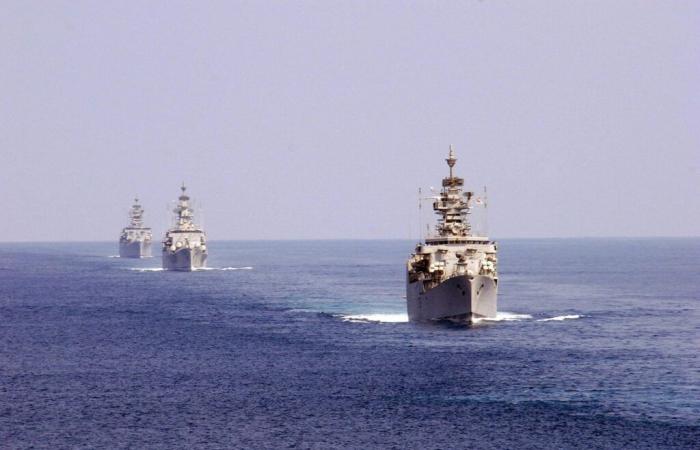Main information
- Russia’s “hybrid war” tactics are increasingly obvious in alleged sabotage incidents targeting the underwater infrastructure in the Baltic Sea.
- The Baltic Sea is a crucial artery for communication and transport of energy between European nations, making it a focal point of tension.
- NATO countries have increased their patrols to monitor Russian naval activity in the region and dissuade other attacks.
The Baltic Sea, strategically important for Russia, has become a fireplace home due to a series of alleged sabotage incidents aimed at underwater infrastructure. In response, NATO countries have increased their patrols to monitor Russian naval activity in the region.
Russia’s “hybrid war” tactics, which mix conventional and unconventional methods are increasingly obvious in these attacks. The Baltic Sea serves as a crucial artery for communication and energy transport between European nations. The incident of December 25, 2024 involving the Eagle S, a Russian oil tanker accused of having damaged electric and telecommunications cables connecting Finland and Estonia, illustrates this threat. Although Russia denies any involvement, the growing frequency of these incidents has fueled the concern of the international community.
Increased tensions in the region
Since the start of the war in Ukraine, the Baltic Sea has been the scene of increased military activity on the part of both parties. The region is surrounded by straits controlled by Denmark, and eight member countries of NATO border it. Saint Petersburg, a vital export center for Moscow, is at the eastern end of the sea, while Kaliningrad turned into a large Russian military base.
The fears of climbing are increasingly strong. Incidents such as targeting a French maritime patrol plane by a Russian radar in January 2024 highlight the calculation error potential. Experts warn that these acts, although disruptive, are probably rehearsals for larger-scale attacks on essential underwater infrastructures elsewhere.
Confrontations et sanctions
European nations have condemned the actions of Russia, qualifying them more and more aggressive and reckless. Criminal fires aimed at warehouses storing humanitarian aid for Ukraine in Poland, Germany, the Czech Republic, Latvia and Lithuania, as well as factories producing weapons for kyiv, still illustrate this escalation.
-The “ghost ships” – oilers out of age used by Russia to circumvent sanctions – add to the complexity of the situation. These ships operate without valid insurance, beat pavilions of complacency and frequently change owner. The European Union sanctioned 59 of these ships, while Russia threatens to escort them with navy frigates, which is likely to further worsen tensions.
NATO security measures
In response to these threats, NATO members of the Baltic Sea have intensified their patrols to monitor and secure the region. The Baltic Sentinel mission, led by NATO and involving ships, planes, submarines, satellites and drones, aims to dissuade new attacks and maintain stability in the region.
If you want to access all the articles, subscribe here!






